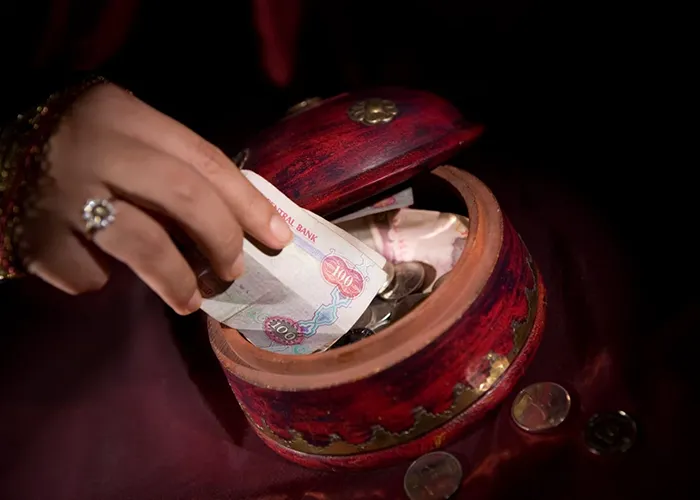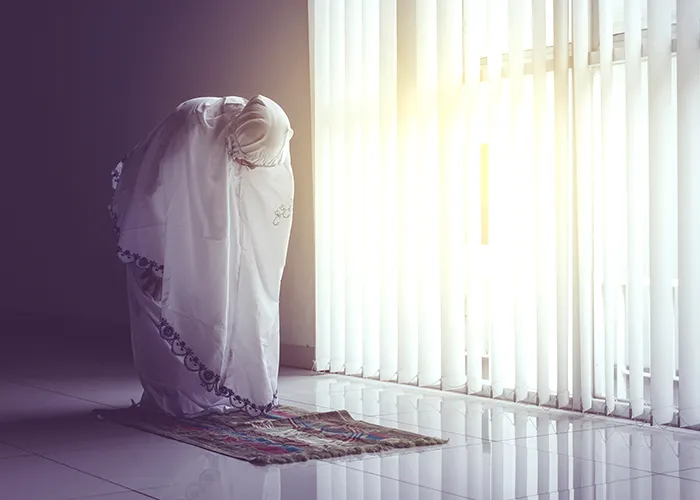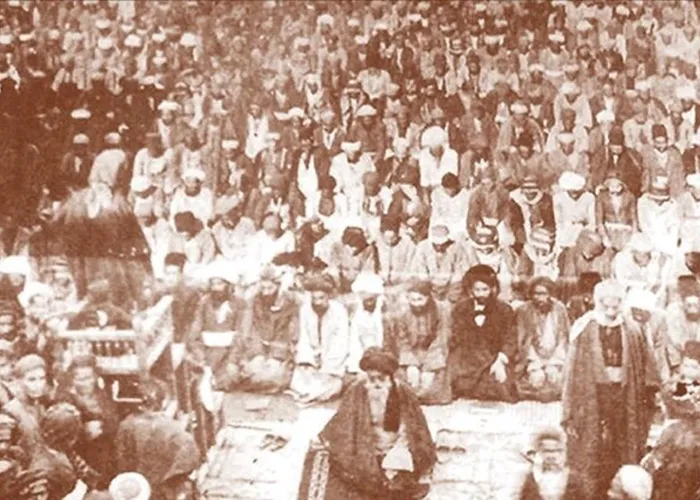Religious-Inquiries – Volume01 Issue25
Ayatollah Khamenei – Rulings on Khums
Following the brutal attacks of the Zionist regime on southern Lebanon, which have inflicted heavy casualties and financial losses on the innocent, deprived, yet faithful and resilient people of this region, Imam Khamenei, the Leader of the Islamic Revolution, has granted permission for Muslims to donate half of their Sahm al-Imam (Imam’s (pbuh) share of the Khums tax), which is equivalent to one-fourth of their total Khums, to aid the Muslims of southern Lebanon.
Q 1: Do you permit people themselves to give their sayyids’ share of khums to the poor sayyids?
A: It is obligatory for them to acquire permission with regard to giving the sayyids’ share of khums to the deserving people.
Q 2: When is it permissible for khums to be pardoned?
A: Khums, i.e. the share of sayyids and the share of Imam (as) cannot be pardoned.
Q 3: An individual has a savings including khums-paid money and money on which khums has not been paid. On occasions, he takes quantities out of the total for his annual expenses and sometimes he adds some money to it. Then, if the person knows the amount of khums-paid money, does he have to pay khums on the whole amount or only on the amount on which khums has not been paid?
A: If khums-paid money and khums-unpaid money are mixed or are deposited in the same account and the account holder withdraws money without any intention or even with the intention of withdrawing khums-paid money and spend it on life expenses, the remaining amount is not subject to khums provided that it is not more than khums-paid money.
Q 4: Does one have to pay khums on a shroud bought but remained unused for several years? Or is it sufficient to pay khums on its purchase price only?
A: If it was purchased with khums-paid money, it is not subject to khums.
Otherwise, khums should be paid on the value of the shroud at the end of the first khums year (by taking the devaluation of the money into consideration).
Q 5: Does one’s khums year begin with the first month or the day when he receives his salary?
A: For those who receive salary, including workers, employees, and so on khums year starts on the first day they receive their salary, or they can receive it. Of course, by end of khums year it is not meant exactly the end of khums year, and you may add five days to it.
Ayatollah Sistani – Rules of Khums
Q 1: Is it permissible to use the Sihm-e Imam (a.s.) in charitable projects while there are tens of thousands of believers who are in need of bread, cloths, etc.?
Answer: In using the Sahm-e Imam (a.s.), it is important to consider the principle of priorities. It is a matter of obligatory precaution, the determination of “most important vis-à-vis the more important” should be left to the discretion of the most learned jurist who is well informed about the general situation.
Q 2: Is it permissible to use the Sahm-e Imãm (a.s.) without seeking the permission of the marja‘ if a person can ascertain the need of any kind for its use with which the Imam (a.s.) would be pleased?
Answer: It is not permissible; and one cannot attain the approval of the Imam (a.s.) by using his portion of the Khums without seeking the permission of the most learned Marja‘ – in that it is possible that the Marja’s permission is part of the approval of the Imam (a.s.).
Q 3: What is the difference between Khums and Zakat?
Answer: Both are obligatory; Khums is on the surplus to annual expenses. If your income exceeds the annual expenses of yourself and your family, Khums (20%) should be paid from the excess. As for Zakat, it is payable on cattle, crops and silver, raisins and dates in accordance to the Islamic rulings.
Q 4: Is it obligatory for a woman to pay Khums on the cash amount that she receives from her husband as Mahr (dowry)?
Answer: It is not obligatory.
Q 5: Can I give Khums to my parents?
Answer: It is not permissible as they are your Wajibun-Nafaqa; i.e. it is obligatory for you to provide for their food, clothing and medical expenses, if they do not have a source of income.
Q 6: Is Khums payable on my last year’s bank balance?
Answer: Khums is not payable, if you paid Khums from your balance last year.
Ayatollah Makarem Shirazi – Rules of Khums
Issue 1: Khums is obligatory in seven things:
1) The benefits of earnings and labour 2) Minerals 3) Treasures 4) Lawful wealth mixed with unlawful wealth 5) Valuables obtained from the sea by diving 6) Spoils of war 7) Lands which non-Muslims (Zhimmi) have purchased from Muslims (according to obligatory precaution). The rules of these will be given explanations in the upcoming issues.
Issue 2: It is obligatory to divide (a payment of Khums) into two parts. Half of it is the Share of the Imam, peace be upon him (Sahm Al-Imam) and the other half is the Share of the Sadaat (Sahm As-Sadaat – the Sadaat are the descendants of the Holy Prophet, peace be upon him and his family). It is obligatory to give the Share of the Sadaat to the poor Sadaat or the needy Sadaat orphans or the Sadaat wayfarer (in other words he who has lost his money or depleted his money during a journey and becomes needy) although (the wayfarer) may not be poor in his own hometown.
Issue 3: It is only permitted to use the part of the share of the Imam, peace be upon him, in the construction of Mosques, Husainiyyahs, hospitals, clinics and Madrasahs, when those are completed with the permission of the just Mujtahid while observing preference (in the nature of the projects). However, it is not permitted to disburse the Share of the Sadaat except for Sadaat whose categories we have mentioned.
Issue 4: It is not permitted to give the Share of the Sadaat to whom we have mentioned from the Sadaat without permission of the Religious Authority (According to obligatory precaution. Likewise, the share of the Imam, peace be upon him, that is given without the permission of the Religious Authority is not proper except when the Mujtahid endorses (that disbursement) afterward and is satisfied with it.
Issue 5: It is not allowed for the Sadaat to accept more than his yearly expense from Khums, according to obligatory precaution.
news via inbox
Subscribe to the newsletter.




